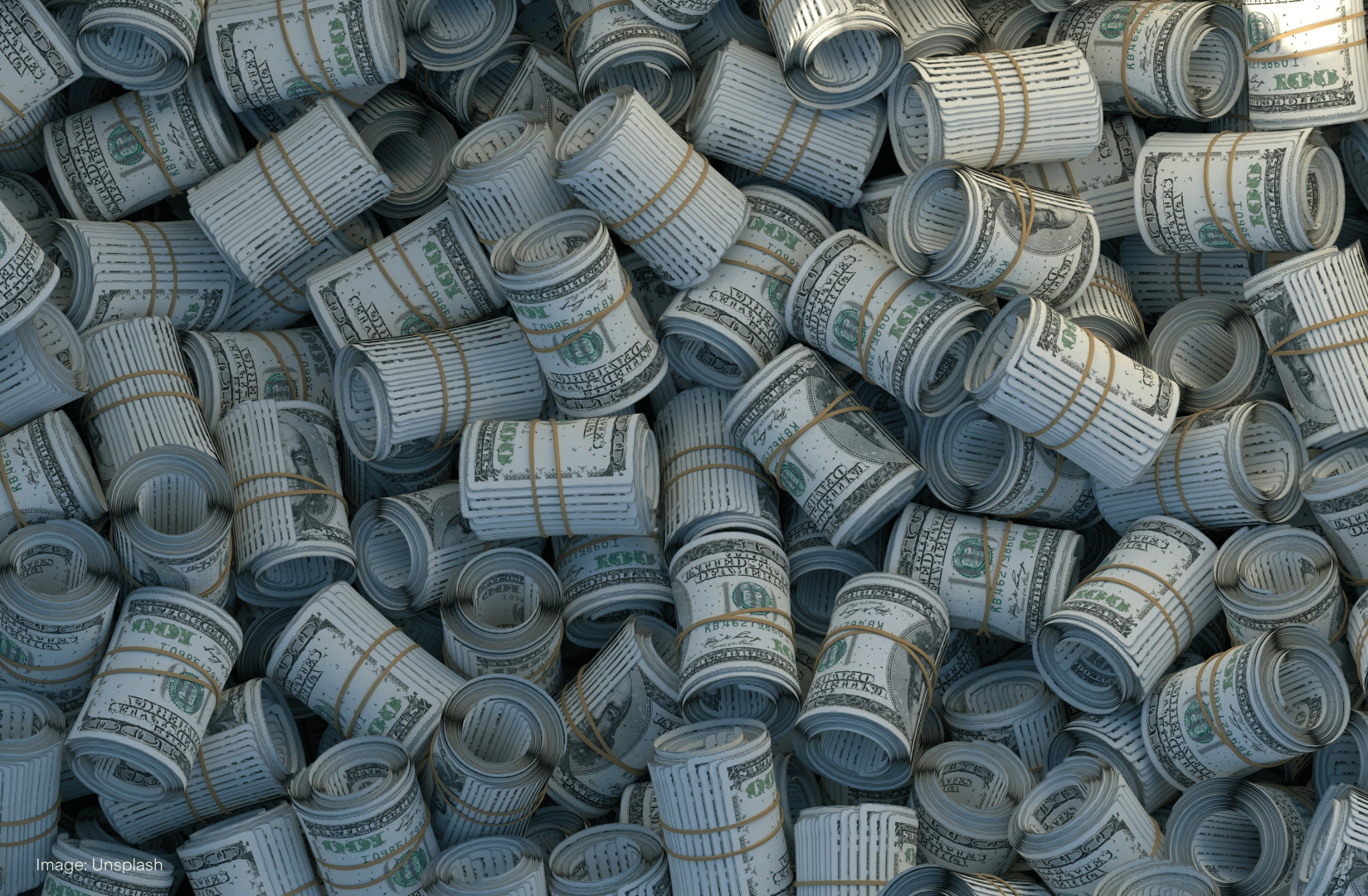
Insiders
High-value insider selling often sets alarm bells ringing for investors. But just because there’s smoke doesn’t always mean there’s a fire.
As traders digested the impact of major central bank decisions, last minute economic data and the S&P 500 touching another record high, there was something else in the mix for markets last week: company insiders selling large chunks of stock.
Warren Buffett’s insurance chief Ajit Jain sold 55% of his total stake in Berkshire Hathaway ($BRK.A) last Monday. The 73-year-old executive sold 200 Berkshire Class A shares for around US$139m, marking his biggest sale since he joined the firm in 1986. Jain is likely cashing in on Berkshire’s trillion-dollar market value, as it trades at 1.7 times its book value.
Berkshire itself has been offloading shares in Bank of America ($BAC). The firm sold another US$117m worth this week, reducing its holdings by US$7.2b since mid-July. It’s still the bank’s largest shareholder, with an 11% stake. This is the third-largest position in Berkshire’s portfolio.
Bank of America CEO Brian Moynihan said he didn’t know the reason behind the move, but noted that the market was absorbing the stock and ‘so life will go on.’ Indeed, it seems likely that Buffett is merely making the most of BAC’s impressive first half of FY24, when it managed to outperform the S&P 500.
Walmart ($WMT) insiders also appear to be making hay while the sun shines on the retailer’s share price. It hit an all-time high in August after reporting strong quarterly sales, and is up 51% YTD. In the last 12 months, all 61 insider transactions in Walmart have been sell orders. Three prominent living members of the Walton family – the ‘Wal’ in Walmart and America’s richest family, with a combined net worth of US$276b – cashed out US$222m last week.
Nvidia ($NVDA) CEO Jensen Huang is another executive on this list. Huang sold around US$54m in NVDA stocks last week – but he began selling his equity earlier this year, in regular blocks of 120,000 shares. Under Rule 10b5-1, this predetermined schedule means he can sell shares without violating any insider trading laws. Fortunately for Huang, the timing of those sales resulted in him netting around US$633m since June.
Finally, Dell ($DELL) founder and CEO Michael Dell sold US$576m worth of his shares in the company last week. So far in 2024, Dell has already divested more than US$2.5b in stock.
While sizable sales from insiders can affect share prices, the bigger question on a retail investor’s mind is: what motivated them to sell? Do they know something about the company that outsiders don't? But with a market that has run strong for most of the year, it’s hard to tell whether insider selling is really a financial smoke signal or just profit taking. The best approach might be to take a closer look at the company’s numbers, and try to read between the lines.

